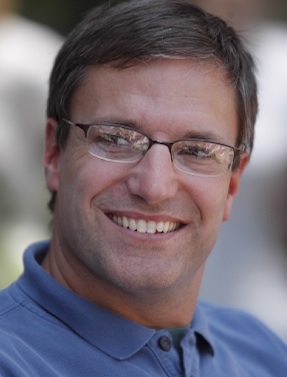
Source: Evolving ITSM
When it comes to willingness to show leadership in the critical field of air quality, Wyoming is once again first out of the gate with important new requirements to reduce harmful emissions from leaking oil and gas equipment — a major source of air pollution that can create serious air quality problems.
A Wyoming program finalized last week requires operators that are requesting permits for new and modified sources, such as wells or tanks, in the state’s most active oil and gas fields to find and fix leaking equipment under required Leak Detection and Repair (LDAR) programs. Companies are required to inspect their operations quarterly utilizing reliable, technologically-precise detection methods at those sites most likely to leak.
This sort of leadership is not new to the Cowboy State. Wyoming has a tradition of being a first mover on air pollution reduction requirements, including pioneering the so-called “green completion” rules to reduce emissions from new wells that have since become the federal standard.
Wyoming’s LDAR program is a smart step forward on sensible, effective air quality regulations for the oil and gas industry. Tightening systems so that leaks are plugged will both protect the air we breathe and reduce the waste of a precious natural resource. In fact, strong LDAR programs may be the best, most cost-effective way to fix leaks and minimize pollution.
EDF, the Wyoming Outdoor Council (WOC) and Citizens United for Responsible Energy Development (CURED) offered their strong support for the state’s proposed LDAR program in joint comments, while also suggesting key improvements – chiefly, that the state ensure these programs use readily-available, cost-effective technologies (like infrared cameras) to detect pollution.
We are pleased that this improvement was included in the final requirements and it shows the state’s willingness to work collaboratively in addressing Wyoming’s air issues.
Next up, the state should consider making these strong requirements apply to existing sources, such as previously drilled wells already in production, and on a statewide basis. But in the meantime, other states, including Colorado, should take note. On protecting the air we breathe, Wyoming just raised the bar.
 Industry trade groups – the Colorado Oil and Gas Association (COGA) and the Colorado Petroleum Association (CPA) – came out swinging against methane regulation in the third day of hearings on a groundbreaking proposal to reduce air and climate pollution coming from oil and gas operations.
Industry trade groups – the Colorado Oil and Gas Association (COGA) and the Colorado Petroleum Association (CPA) – came out swinging against methane regulation in the third day of hearings on a groundbreaking proposal to reduce air and climate pollution coming from oil and gas operations.
